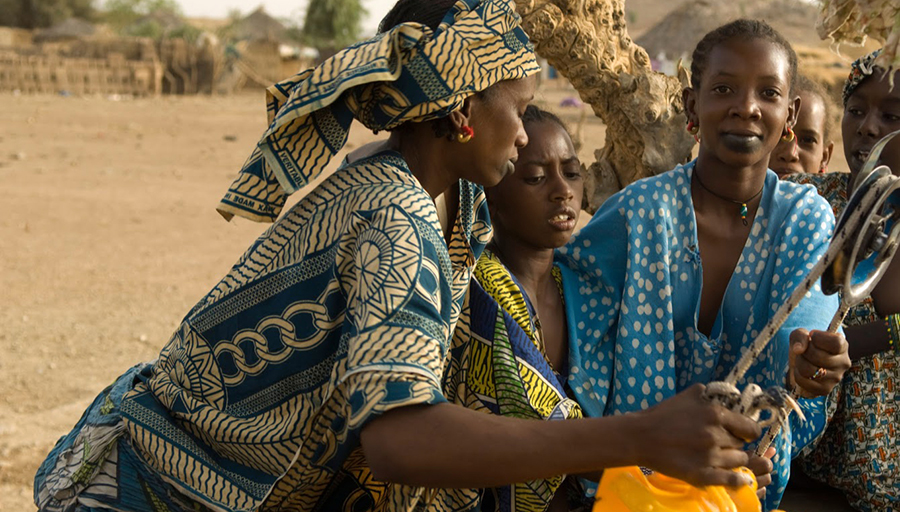Senegal—Feed the Future Policy Systems Services (PSS) Activity
Client: U.S. Agency for International Development
Duration: 2020-2025
Region: Sub-Saharan Africa
Country: Senegal
Solutions: Economic Growth
Since the spike in world food prices in 2008, a widespread consensus has emerged that the historical model of Senegalese agricultural development—one based on large-scale public investments and market interventions concentrated in the groundnut and irrigated rice value chains—is outmoded and needs to be replaced by a more dynamic, private sector-led model focused on a broader range of value chains, such as dry cereals, horticulture, and livestock. Under the Feed the Future Senegal Policy Systems Services (PSS) Activity, we collaborate with the U.S. Agency for International Development and Senegalese actors to strengthen the country’s agricultural and food policy system.
Implemented with Initiative Prospective Agricole et Rurale (IPAR), PSS works to advance Senegal’s self-reliance, decrease poverty, improve nutritional outcomes, build resilience, improve water security, and accelerate inclusive agricultural growth and transformation.

Sample Activities
- Strengthen stakeholder engagement in key multisector policy initiatives.
- Structure capacity-building activities with farmer organizations and private sector associations to include member services that address climate change and build resilience.
- Support outreach and consensus-building to restructure and operationalize Regional Chambres de Commerce, d’Industrie, et de Services.
- Produce analytical agendas to inform policy implementation and reform.
Select Results
- Held nine workshops, involving 1,079 participants and 210 organizations, that improved the Directorate of Finance and Public-Private Partnerships’ visibility, educating stakeholders about Senegal’s 2021 Public-Private Partnership Law.
- Supported the Department of Finance and Public-Private Partnerships to strengthen its capacity to identify, prepare, structure, acquire, negotiate, and implement PPP projects which led to the signing of two public-private partnerships worth $180,655,473—fully raised by the private sector.
- Supported the Dakar Commercial Court to carry out intensive activities to promote alternative dispute resolution. Key achievements include (i) a banking sector commitment to include a mediation clause in their contracts, enabling future disputes to be settled by mediation; (ii) the ministerial order for the installation of the National Mediation and Conciliation Committee, issued in February 2023, an important step forward to facilitate the handling of the court’s litigation caseload; and (iii) the design and validation of the manual of collective procedures to safeguard companies in difficulty.
- Provided technical and financial support for the development of policy documents including the sector policy letter for the Ministry of Livestock and Animal Production (2022–2026), the National Strategy for the Sustainable Development of Aquaculture (2023-2032), the strategic development plan for the Ziguinchor Chamber of Commerce, Industry and Agriculture (2022-2026), and the national strategy for the development of family and rural poultry farming (2023-2027).
- Supported more than 250 local and national private sector companies to participate in forums and fairs to access productive economic resources.
Featured Links
RELATED CONTENT:
Georgia—Green Economy Program
The USAID Green Economy Program improves the productivity and economic competitiveness of Georgian enterprises in the tourism, light manufacturing, digital, and solid waste management sectors, while strengthening Georgia’s economic ecosystem to support further growth in these areas.
Read More